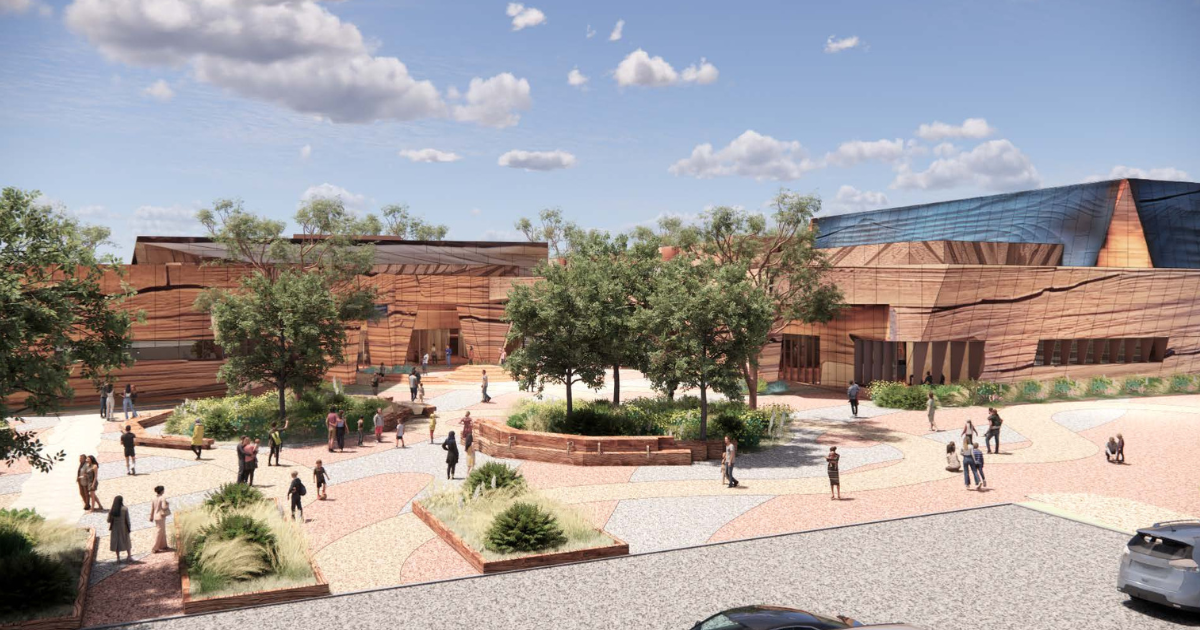City not far from adopting budget
It’s budget time in council. A month away from adopting our final four-year strategic budget, it’s been a tough and time-consuming process.
City staff have done a tremendous job providing information, advice and options, but ultimately it is council that will sign off on the budget.
As you might expect in a healthy democracy, councillors don’t always agree on everything. The city’s four wards have diverse needs and populations. Eleven councillors represent these communities, each with their own values and perspectives. However, we can agree it’s challenging to get budgets right.
The city is the second largest council in Victoria by population, and we are the fastest growing regional municipality in Australia. The bulk of our operational budget goes towards delivering high quality services for the community, such as maternal and child health, early learning, aged care, libraries, environmental conservation and maintenance, and waste management. Our capital budget goes towards ensuring infrastructure our community’s infrastructure needs are met, such as roads, footpaths, playgrounds, community hubs and sporting facilities. We must maintain and renew existing services and infrastructure, and meet the needs of growth areas.
We fund an extensive grants program for the community to support programs, events, equipment purchases, and infrastructure planning and delivery. By having competitive grants at arm’s length from council, access to funding is fairer and more transparent (rather than being at the whim of councillors), however it requires community groups to be able to submit quality grant applications, which can be hard for smaller volunteer run initiatives. We review the process annually to try to make it easier, but there is always room for improvement.
Local governments are also being required to provide more and more for their communities, due to decisions of other levels of government, and rising community expectations. For example, the royal commissions into aged care and mental health will have implications for councils. The climate emergency requires councils to provide leadership on tackling carbon emissions, as well as preparing their communities for the impacts of climate change. Many local governments are taking a more active role in addressing the social housing and housing affordability crisis. Councils these days are much more than roads, rates and rubbish.
My fellow Brownbill Ward councillors and I were out doing listening posts last weekend and had great conversations with community members keen to provide their views on the budget. This week we also received the written submissions from the community about our budget following our community engagement period (more than double last year’s submissions). For every bit of positive feedback, we got many times the number of requests for more funding for various issues and projects. By and large these requests have been very reasonable, and it can be difficult to explain why they didn’t make the cut, other than to say there isn’t more money in the pot.
As it stands, council will be borrowing substantially for our capital projects, and going into significant deficit to fund our operations and initiatives. Some of this is due to the impact of COVID on council operations, and our support packages to assist the community through this difficult time.
Councils have limited revenue streams. Most is derived from rates, and the amount raised through rates is tightly regulated by state government legislation. While it’s common for councillors to hear grumbles about rates (and other taxes), paying rates is all about contributing to the common good. Residents and businesses alike benefit from good local infrastructure and services. But for some, rates and charges can create financial stress, so we have developed hardship policies to try to support them (people shouldn’t hesitate to ask for assistance if they need it).
We’ve looked for efficiencies wherever we can, and we’ve also sought feedback from the community about where the city could save money (and implemented around $500,000 of savings they identified).
At the end of the day it’s a balancing act. The demands for council funding always exceed what is available, and we need to ensure we can deliver the services and infrastructure our community needs not just today, but well into the future. While this year we are setting a four-year strategic budget, every year it will be reviewed and no doubt adjusted. A councillor’s role is to give voice to the community in that decision-making process, so if you have feedback or ideas for council, reach out and let us know – I can be contacted at [email protected]
Remember, there is always next year.
Cr Sarah Mansfield,
Brownbill Ward


















